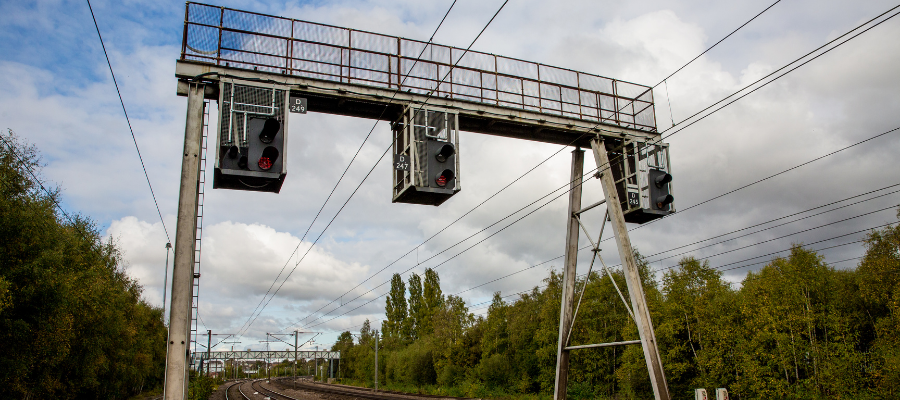🕒 Article read time: 2 minutes
Logistics UK backs call for government to begin programme of rail electrification

Logistics UK backs call for government to begin programme of rail electrification.
The letter comes on the back of a new report, “Why Rail Electrification?” which sets out why – even with the development of clean new technologies like battery and hydrogen trains – the industry will be unable to decarbonise the rail network to the degree required without significant further electrification.
Rail is already a low carbon method of transport, contributing just 1.4% of all transport emissions. However, the industry will need to decarbonise further if it is to achieve the government’s aim of removing all diesel-only trains from the network by 2040 and the legally binding commitment to net zero by 2050.
According to Network Rail, 13,000 single track kilometres – or around 450km a year – of track will need to be electrified by 2050 in order to achieve net zero, yet from 2019-2020 only 251km was electrified.
Darren Caplan, Chief Executive of the Railway Industry Association (RIA), said: “It’s great to launch the ‘Why Rail Electrification?’ report today, as part of RIA’s RailDecarb21 campaign – calling on the government to support efforts to decarbonise the rail network ahead of the COP26 Conference in Glasgow later this year.”
Zoe McLernon, Multimodal Manager at Logistics UK, said: “Logistics UK has consistently called for a structured programme of rail electrification to help deliver net-zero emissions by 2050 and to support further private sector investment in the UK’s rail freight sector. The latest research from RIA provides compelling evidence on the importance of electrification for both business and the environment.
“An electrification programme would not only be beneficial to the UK’s green recovery, but would also support jobs, improve efficiency for freight operators and aid economic growth: rail freight currently delivers around £1.7bn of economic benefits each year. It is now crucial that government acts swiftly to introduce a clear programme of electrification to ensure that goods and services can continue to move through the economy with minimal environmental impact.”
*www.logistics.org.uk/rail
Published On: 22/04/2021 17:00:12

Comments Section
If you are a Logistics UK member login to add comments.